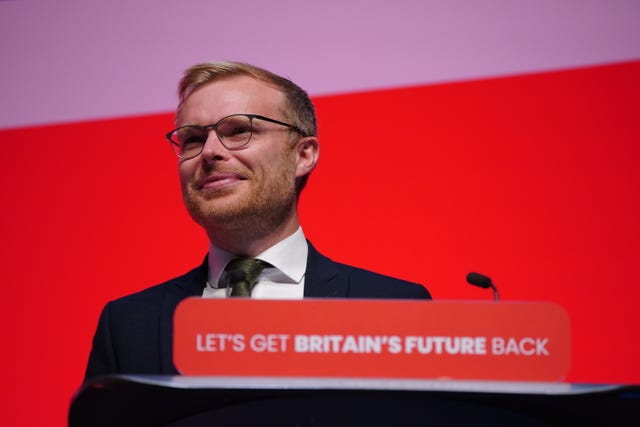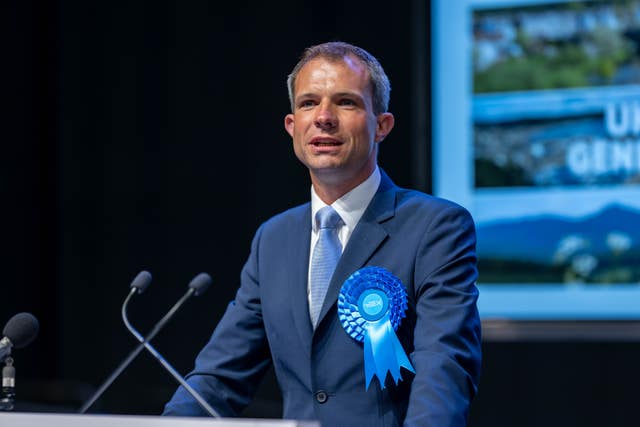Measures to establish state-owned GB Energy on verge of becoming law
The Great British Energy Bill is ready for royal assent.

Great British Energy will not invest in any supply chains that involve slave labour, energy minister Michael Shanks has said, with measures to establish the state-owned energy company on the verge of becoming law.
In the Commons on Wednesday, MPs supported a Lords bid to ensure slavery and human trafficking do not take place in GB Energy’s business or supply chains.
Concerns had been raised about the prevalence of slave labour in the renewables sector, particularly material used in solar panels being linked to exploitation in Xinjiang, China.

Speaking in support of Lords amendment 2B, tabled by energy minister Lord Hunt of Kings Heath, Mr Shanks said it would “strengthen our existing framework”.
He added: “We expect all UK businesses to do everything in their power to remove any instances of forced labour from their supply chains, and Great British Energy will, of course, be no different. But in fact, we have stated many times already that we expect it to be a sector leader on this matter.
“Amendment 2B makes it clear that Great British Energy is committed to adopting measures so that it can take the appropriate steps to act on any evidence of forced labour in its supply chains, as we would expect from any responsible company.”
Intervening, Conservative former minister and Father of the House Sir Edward Leigh asked the minister to “ensure that no solar panels are installed on British farms that are made with slave labour by the Chinese government”.
Mr Shanks replied: “We have absolutely committed that they will not invest in any supply chains that involve any evidence of forced labour, and the measures we are outlining today are how we will deliver that. There is a wider question about forced labour in broader supply chains, of which Great British Energy will not have responsibility.”
Shadow energy minister Andrew Bowie accused the Government of making a U-turn after Labour MPs voted down an amendment on slave labour in a previous stage of the Bill.

He said: “A screeching U-turn, literally weeks after having whipped their own MPs against the modern slavery amendment at the last reading, the Government conceded on what we all knew to be the case at the time, that the mechanisms cited by the minister in this House were simply not up to the job.
“And yet we sincerely welcome the acknowledgement that the UK must take a principled stand.”
Mr Bowie said his party remains “resolutely opposed to the creation of Great British Energy entirely”, adding: “If the route to decarbonisation relies on importing technology made with slave labour from China, then surely there should be a rethink of whether or not this mission is indeed conducive to good policy.”
Labour peer Baroness O’Grady of Upper Holloway, former chairwoman of the House of Lords Modern Slavery Act 2015 Committee, has been appointed to ensure Great British Energy employs “robust practices” to tackle forced labour and ensure ethical supply chains.
The Great British Energy Bill is ready for royal assent.





